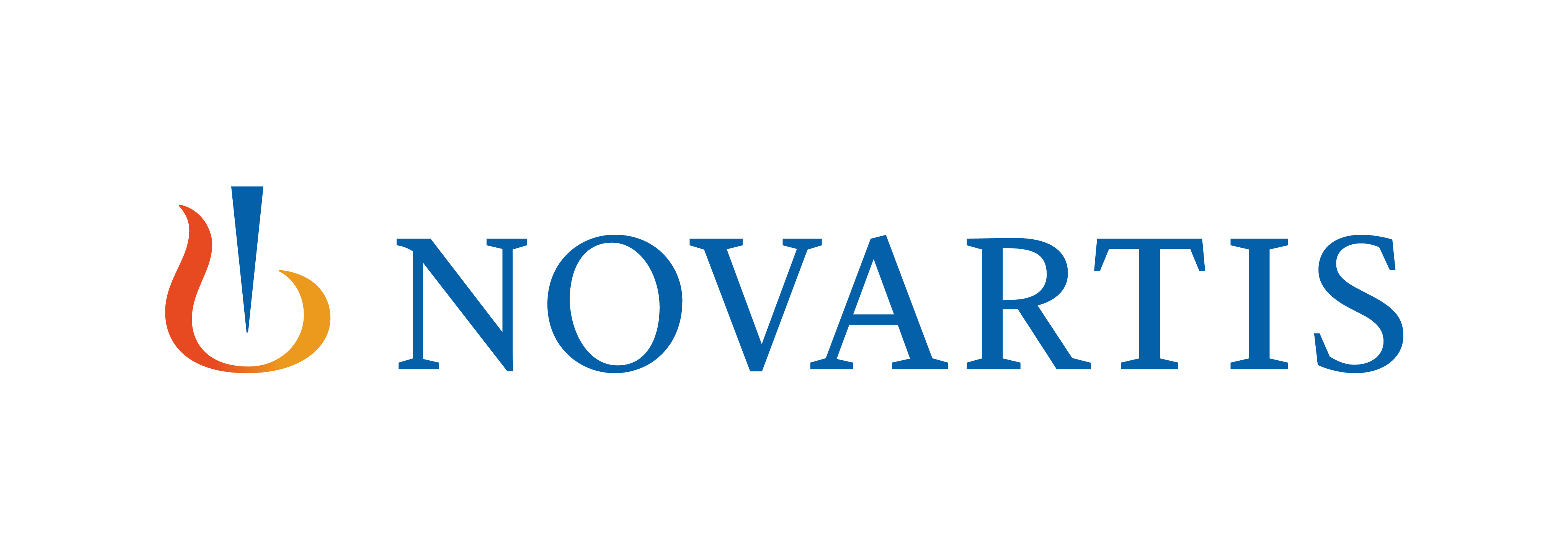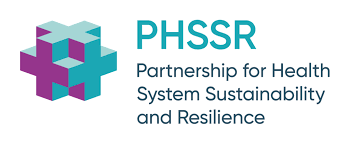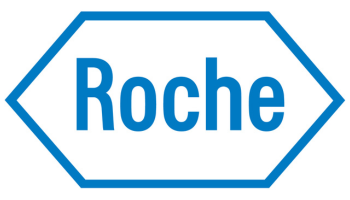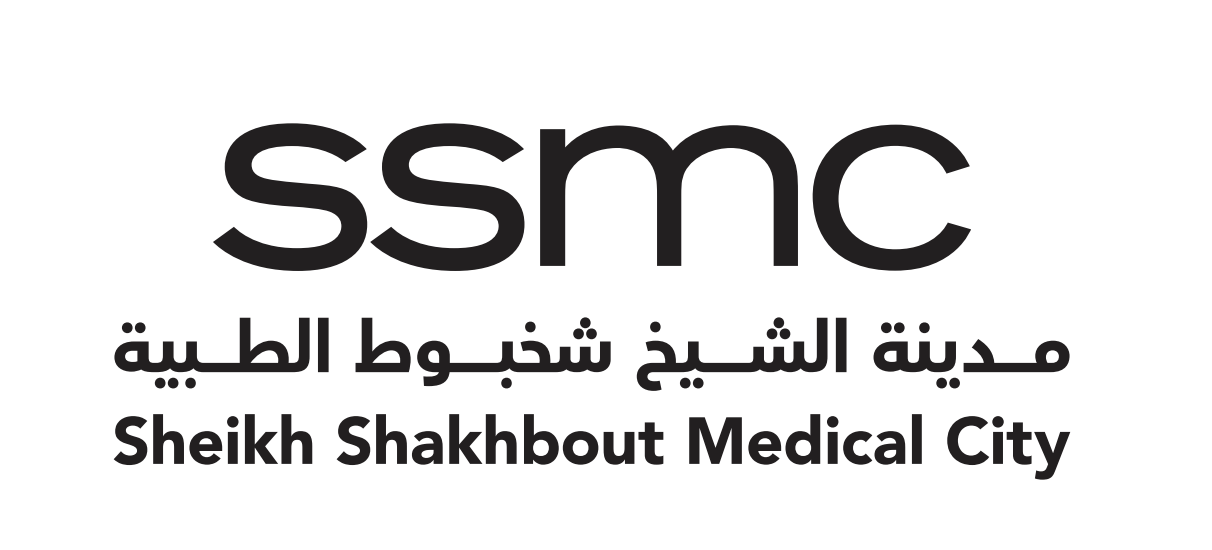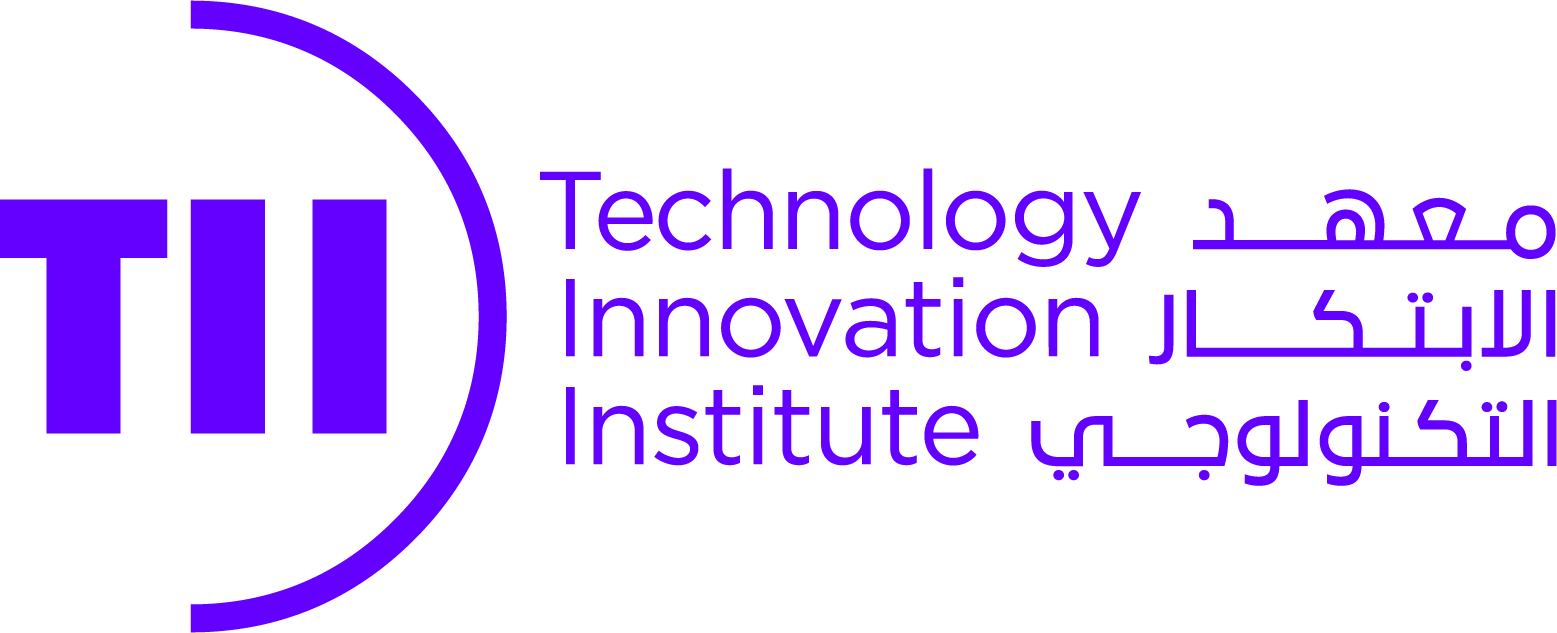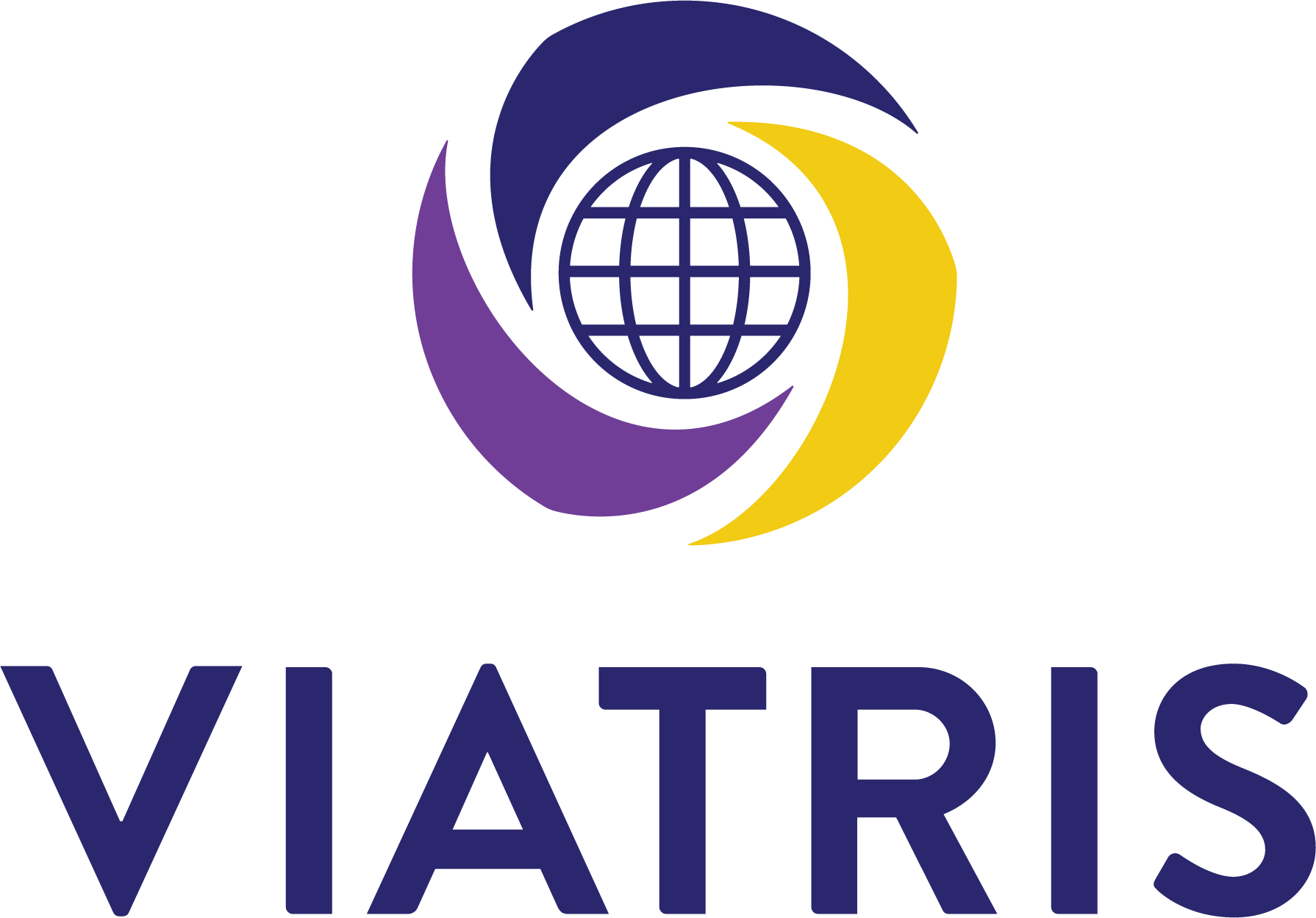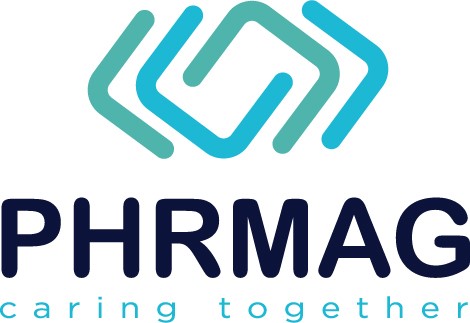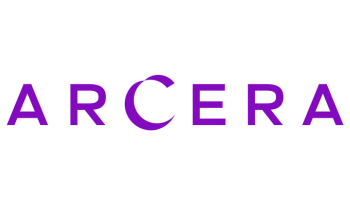تحت رعاية سموّ الشيخ خالد بن محمد بن زايد آل نهيان، ولي عهد أبوظبي رئيس المجلس التنفيذي لإمارة أبوظبي
Under the Patronage of His Highness Sheikh Khaled bin Mohamed bin Zayed Al Nahyan, Crown Prince of Abu Dhabi and Chairman of Abu Dhabi Executive Council
Self-adjuvanting RNA vaccines boost immune response 10x more than existing vaccines

RNA vaccines against Covid-19 have proven effective at reducing the severity of disease. However, a team of researchers at MIT is working on making them even better. By tweaking the design of the vaccines, the researchers showed that they could generate Covid-19 RNA vaccines that produce a stronger immune response, at a lower dose, in mice.
Adjuvants are molecules commonly used to increase the immune response to vaccines, but they haven't yet been used in RNA vaccines. In this study, the MIT researchers engineered both the nanoparticles used to deliver the Covid-19 antigen, and the antigen itself, to boost the immune response, without the need for a separate adjuvant.
If further developed for use in humans, this type of RNA vaccine could help to reduce costs, reduce the dosage needed, and potentially lead to longer-lasting immunity. The researchers' tests also showed that when delivered intranasally, the vaccine induced a strong immune response when compared to the response elicited by traditional, intramuscular vaccination.
The researchers believe that the effectiveness of other types of RNA vaccines that are now in development, including vaccines for cancer, could be improved by incorporating similar immune-stimulating properties.
Former MIT postdoc Bowen Li, who is now an assistant professor at the University of Toronto; graduate student Allen Jiang; and former MIT postdoc Idris Raji, who was a research fellow at Boston Children's Hospital, are the lead authors of the new study, which appears today in Nature Biomedical Engineering. The research team also includes Robert Langer, the David H. Koch Institute Professor at MIT and a member of the Koch Institute, and several other MIT researchers.
Boosting immunity
RNA vaccines consist of a strand of RNA that encodes a viral or bacterial protein, also called an antigen. In the case of Covid-19 vaccines, this RNA codes for a segment of the virus's spike protein. That RNA strand is packaged in a lipid nanoparticle carrier, which protects the RNA from being broken down in the body and helps it get into cells.
Once delivered into cells, the RNA is translated into proteins that the immune system can detect, generating antibodies and T cells that will recognize the protein if the person later becomes infected with the SARS-CoV-2 virus.
The original Covid-19 RNA vaccines developed by Moderna and Pfizer/BioNTech provoked strong immune responses, but the MIT team wanted to see if they could make them more effective by engineering them to have immune stimulatory properties.
In this study, the researchers employed two different strategies to boost the immune response. For the first, they focused on a protein called C3d, which is part of an arm of the immune response known as the complement system. This set of proteins helps the body fight off infection, and C3d's role is to bind to antigens and amplify the antibody response to those antigens. For many years, scientists have been evaluating the use of C3d as a molecular adjuvant for vaccines made from proteins, such as the DPT vaccine.
Source: www.news-medical.net







